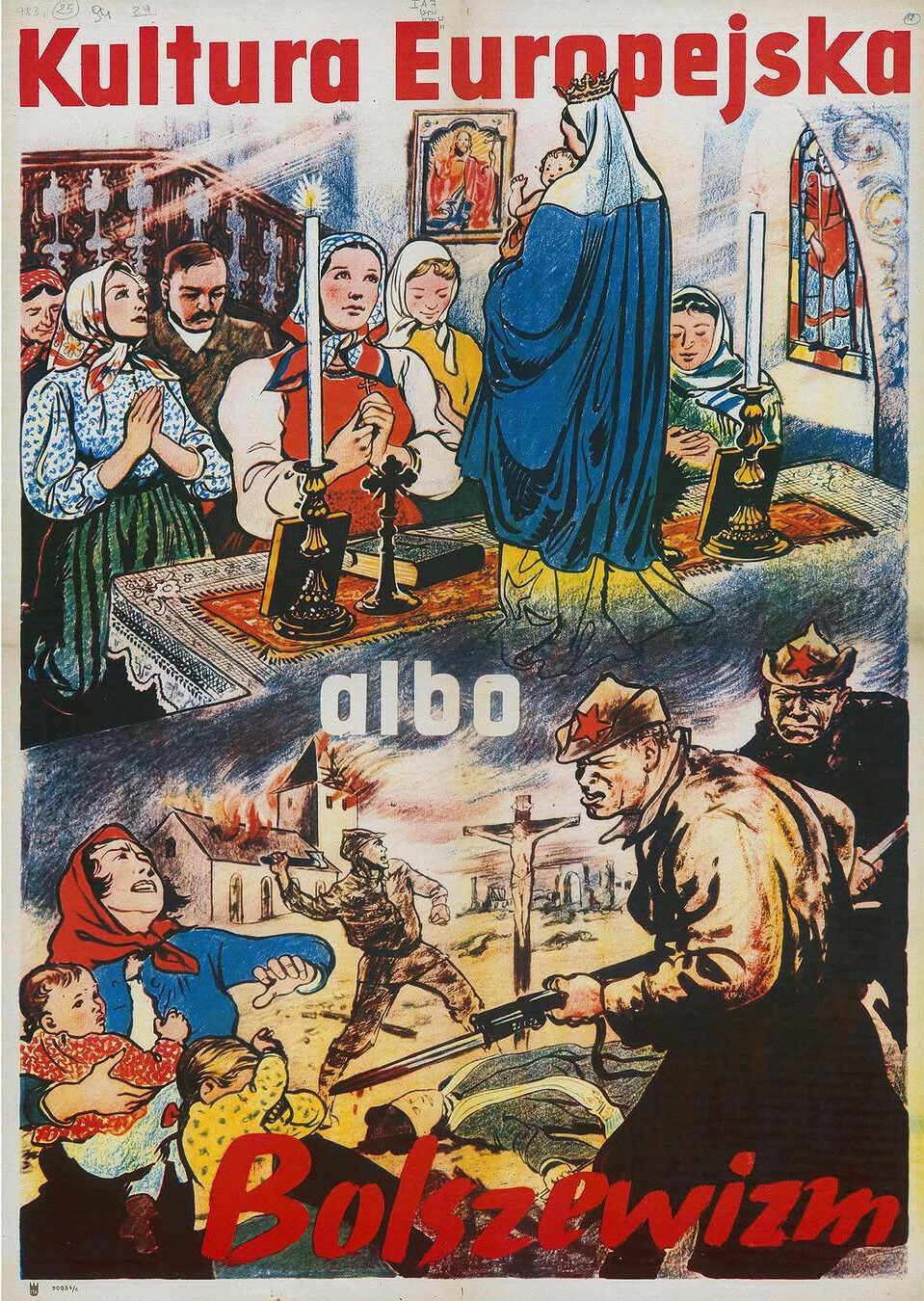Online cries of “Christofascism” continue in the wake of the Tucker Carlson/Nick Fuentes interview; but is it real?
PUBLISHED ON
November 20, 2025
Russell Moore’s latest panic about the “Nazification” of American Christianity is a sermon in search of a swastika. His argument—that scattered online trolls and a handful of fringe youth groups somehow signal the rise of a Fourth Reich in the pews—is comical. America’s churches aren’t breeding grounds for fascism. In truth, they’re barely holding on to parishioners.
His crusade began after Tucker Carlson’s recent interview with Nick Fuentes, a 27-year-old provocateur who thrives on outrage and retweets. Critics on both the Right and Left called the interview reckless, but it was a logical choice. Fuentes, as Carlson himself noted, is one of the most influential figures for young American men—an audience increasingly disconnected from faith, politics, and traditional media.
Carlson’s decision to speak with him wasn’t an endorsement but an acknowledgment of that reality. To ignore it would have been a dereliction of journalism. Moore, however, treated the exchange as proof of an impending Christian Reich. What he offers as evidence amounts to suspicion, sarcasm, and his own anxiety dressed as insight.
Orthodox. Faithful. Free.
Sign up to get Crisis articles delivered to your inbox daily
Sign up to get Crisis articles delivered to your inbox daily
Moore imagines Sunday schools chanting “Heil!” between hymns and pastors rehearsing goose steps before the benediction. What he presents as revelation feels more like projection. In his vision, every fool with a frog meme becomes a brownshirt in waiting. He doesn’t so much interpret culture as invent it.
Moore is not the first to sound the alarm, and he won’t be the last. Every generation produces its moral hysteria, and this one wears a clerical collar. Moore mistakes the noise of a few anonymous accounts for a movement with momentum. The church’s genuine crisis lies elsewhere: fading faith, empty pews, collapsing tithes, pastors burning out and walking away. Those are the realities that should keep him awake at night. Yet his gaze stays fixed on imagined villains while genuine spiritual decay spreads unchecked.
There’s something almost touching in his paranoia. Like a man hearing footsteps in an empty house, Moore seems haunted by ghosts of a Germany that no longer exists. The church, he insists, must “take this seriously.” But what exactly is “this”? A few edgy twenty-somethings who think Carl Schmitt was based? Theologically speaking, it’s a house fire in a teacup.
His rhetoric also reveals how far Christianity Today has drifted from its roots. Once, the magazine wrestled with difficult questions of faith and modernity. Now it wages war on illusions, dispatching reports from imaginary fronts. Moore’s writing has begun to mirror the secular alarmism he used to oppose—dramatic tone, inflated threats, and the endless refrain that the end is always near unless we repent for whatever moral panic dominates the week.
He is hardly alone. There’s profit in panic. Each generation anoints its prophets of doom, warning that the barbarians are at the gates. Today, those barbarians are mostly online, armed with bad jokes and worse grammar. Moore’s jeremiads would have made sense in 1934. In 2025, they sound like Cold War reruns—a sanctified strain of McCarthyism.
Moore insists “it is well past time for the church of Jesus Christ to take this seriously,” framing Fuentes’ interview with Carlson as a moral crisis on par with the 1930s. He even quotes Thomas Mann and Karl Barth to suggest that joking about Nazi imagery today could one day lead to “death camps.” The leap is staggering.
He writes that those who dismiss this panic “do not understand how almost every fad—good, bad, and neutral—that has swept through evangelicalism has taken hold,” citing prayer walking, New Calvinism, and “laughing revivals” as precedents. The comparison is bizarre. Treating harmless church trends as potential gateways to Nazism reduces serious history to metaphor.
The piece reaches its peak of melodrama when Moore writes, “The Bible will not sit alongside Mein Kampf. The cross will not yield to the swastika. We must ask right now: Jesus or Hitler?” Such apocalyptic framing gives away his anxiety more than it clarifies any real danger. No one is suggesting churches replace Scripture with fascist tracts.
The irony is that his fears point to the opposite of what he claims. Far from being radicalized, the modern American church has become domesticated, dulled, and fearful. Apostasy advances, apathy hardens, and even the guardians of faith now fear the disapproval of the age. Yet Moore, gazing upon this troubling decline, conjures Nazis behind every cross.
Far from being radicalized, the modern American church has become domesticated, dulled, and fearful. Apostasy advances….Tweet This
That doesn’t mean Fuentes deserves a free pass. Much of his rhetoric is juvenile, provocative, and offensive. But context matters. Beneath the controversy is a young man who identifies as a devout Catholic, urging his audience to worship, marry faithfully, and return to church. His comments about Israel often cross the line, yet his target is political, not ethnic. He opposes the Israeli government, not the Jewish people. He is, in essence, anti-Zionist rather than anti-Semitic—a difference lost on many commentators. Fuentes calls himself “America First,” and that alone invites hysteria from those who equate patriotism with extremism.
The real tragedy is that Moore had the chance to write something that mattered. He could have examined the emptiness driving young men toward online idols, or the spiritual exhaustion draining purpose from Christian masculinity. The moment called for mercy rather than morality. Moore provided plenty of the latter but none of the former.
John Mac Ghlionn is a researcher and essayist. A contributor to Newsweek, he covers psychology and social relations. Follow him on X, @ghlionn.
Comments are a benefit for financial supporters of Crisis. If you are a monthly or annual supporter, please login to comment. A Crisis account has been created for you using the email address you used to donate.
There are no comments yet.
Published on
Copyright © 2025 Crisis Magazine. All rights reserved.
Created by Perceptions Design Studio.
Lost your password?
Use a social account for faster login or easy registration.
We use cookies to improve your experience on our site. By using our site, you consent to cookies.
Websites store cookies to enhance functionality and personalise your experience. You can manage your preferences, but blocking some cookies may impact site performance and services.
Essential cookies enable basic functions and are necessary for the proper function of the website.
These cookies are needed for adding comments on this website.
Google Tag Manager simplifies the management of marketing tags on your website without code changes.
Statistics cookies collect information anonymously. This information helps us understand how visitors use our website.
SourceBuster is used by WooCommerce for order attribution based on user source.

